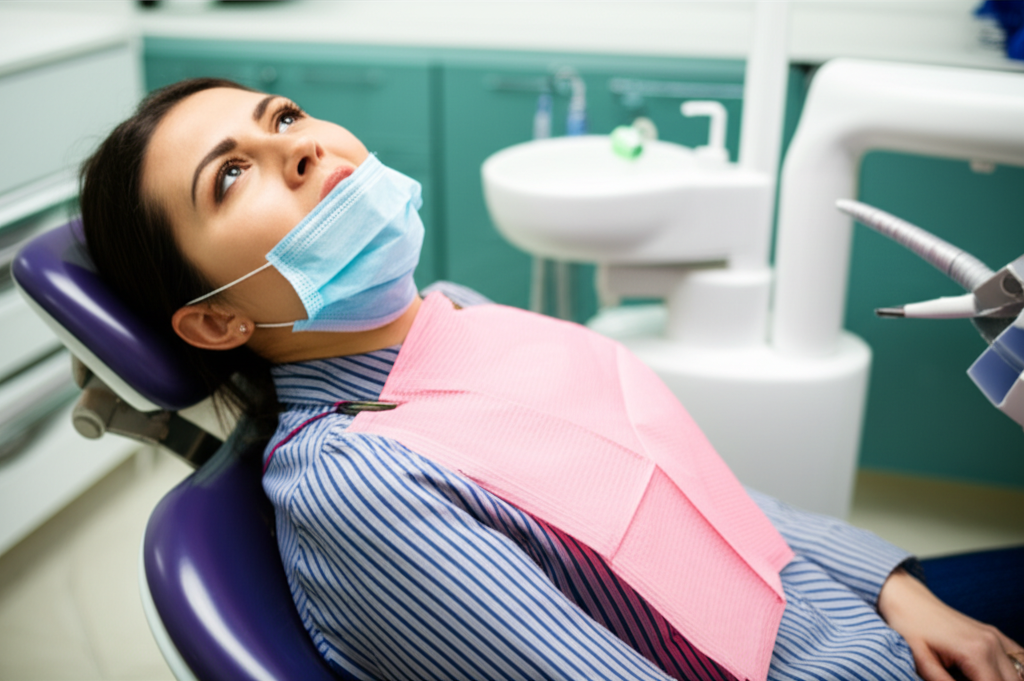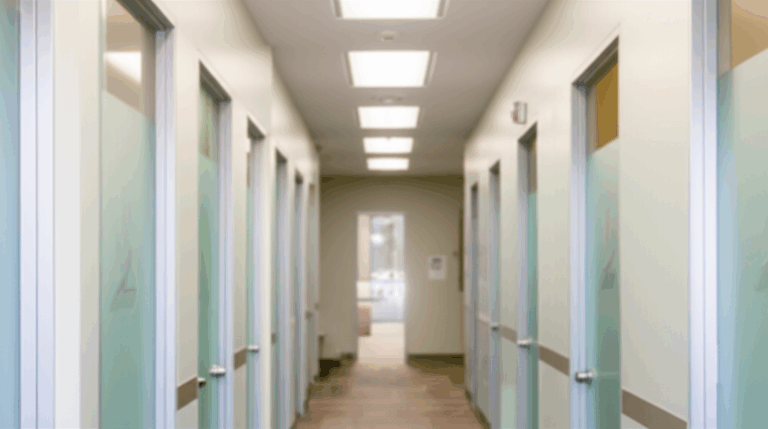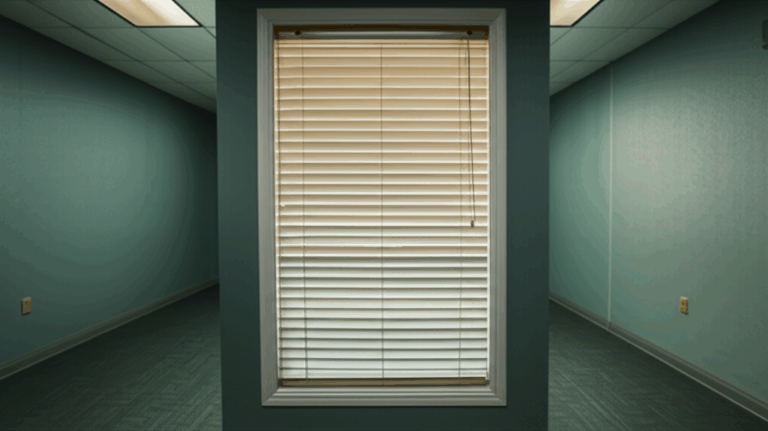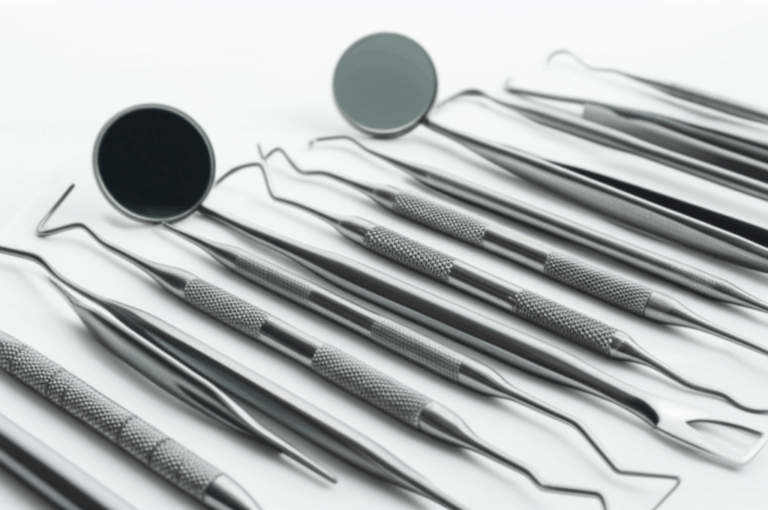
Is Nitrous Oxide Safe at the Dentist? Your Guide to Dental Sedation
Have you ever found yourself in the dentist’s waiting room, fidgeting with nerves, and wondered, “Is that laughing gas stuff really safe?” Maybe a friend mentioned “conscious sedation,” or your child’s dentist brought up using nitrous oxide to help with dental anxiety. If you’re feeling anxious or just curious, you’re not alone! The idea of breathing in a gas at the dentist might sound a bit odd at first, and it’s normal to have questions and even worries. Let’s look together and see if nitrous oxide really earns its name as the gentle helper of dental sedation.
In This Article
- What is Nitrous Oxide (Laughing Gas) in Dentistry?
- The Safety Profile of Nitrous Oxide: Is it Really Safe?
- How Nitrous Oxide is Given Safely
- Key Benefits of Nitrous Oxide for Dental Patients
- Possible Side Effects: What to Expect (Usually Mild & Go Away Fast)
- Who Should NOT Use Nitrous Oxide? (When to Avoid)
- Nitrous Oxide for Children: Safety & How Well it Works for Kids
- What Happens After Nitrous Oxide Sedation?
- Comparing Nitrous Oxide to Other Dental Sedation Options
- Making an Informed Decision: Talking With Your Dentist
- Frequently Asked Questions About Nitrous Oxide Safety
- Your Healthy Takeaway: Feeling Good About Your Next Dental Visit
What is Nitrous Oxide (Laughing Gas) in Dentistry?
Let’s start simple. Nitrous oxide, often called laughing gas, is a colorless gas with a slightly sweet smell that dentists have used for over one hundred years to help people relax during dental work. When you hear “conscious sedation” at the dentist’s office, they are usually talking about nitrous oxide.
How Does It Work?
Say you’re getting ready for your dental visit, heart beating fast, hands sweaty. Your dentist puts a soft mask over your nose and tells you to breathe as usual. In a few minutes, you’ll feel calmer—maybe even a little silly. That’s nitrous oxide working. It changes how your nerves feel fear and pain, but you’re still awake and can talk. It’s like turning down the “worry volume” in your brain, not shutting it off.
How Long Has It Been Used?
Nitrous oxide isn’t new. Dentists have used it since the 1800s, when a dentist named Horace Wells first used it to help people with dental fear. Since then, it’s been used in millions of safe dental visits, from simple cleanings to more serious work like pulling teeth.
The Safety Profile of Nitrous Oxide: Is it Really Safe?
If a dentist is giving you or your child nitrous oxide, safety is the most important thing. But you might be thinking, “Okay, but how safe is it?”
The Simple Answer: When given by a trained dentist or expert, nitrous oxide is thought to be very safe.
- Very Safe: Nitrous oxide is one of the safest ways to help someone relax during dental care. It’s called a “minimal sedation” drug, meaning you’re awake and in control the whole time.
- Works Fast, Wears Off Fast: You start feeling the effects in about two to five minutes. When you stop breathing in the gas and get pure oxygen for a few minutes, you go back to normal, usually right away.
- No Lasting “Hangover”: Unlike stronger sleepy drugs or anesthesia, nitrous oxide leaves your body quickly. Most people can drive themselves home soon after their visit.
- Hardly Ever Causes Allergies: Allergic reactions to nitrous oxide are super rare. Your body gets rid of it very fast, so side effects are not common and are usually minor.
This safety record isn’t just an opinion. It’s backed by years of dental research, advice from the American Dental Association, and tons of real-life use.
How Nitrous Oxide Is Given Safely
So, how does this all happen for you? Here’s what you can expect:
This careful way of giving the gas lets your dentist make sure you’re as comfortable and safe as possible.
Key Benefits of Nitrous Oxide for Dental Patients
Why do dentists use nitrous oxide? For many people—adults and kids—it can make the difference between a super stressful dental visit and a calm, easy one.
Why Nitrous Oxide is Great:
- Lowers Nerves and Fear: It helps take the edge off dental worry, for people of any age.
- Makes Pain Feel Less: It doesn’t block pain all the way, but it helps you not notice it as much.
- Works Fast, Wears Off Fast: You feel calm in minutes. Once the mask comes off, you’re back to normal quickly.
- You’re Awake: No sleeping—you can answer questions and talk if you want to.
- Good for Many People: It’s helpful for kids, adults, those scared of the dentist, or even folks who just don’t like needles.
- No Drained Feeling Afterwards: Nitrous oxide leaves your body quickly, so most people feel alert and ready to go home soon after.
That’s why many people call nitrous oxide the “just right” way to relax at the dentist.
Possible Side Effects: What to Expect (Usually Mild & Go Away Fast)
No treatment is 100% without risk, but nitrous oxide is about as close as it gets. If there are side effects, they are usually mild and go away soon. Here’s what you might feel:
Most Likely:
- A bit dizzy or light-headed
- Tingling in your fingers or toes
- Feeling floaty or silly (that’s why it’s called laughing gas)
- Feeling really happy for no reason
Not As Common:
- Feeling sick to your stomach (more likely if you eat a big meal just before)
- Headache after the mask is off
Think of these feelings as similar to waking up from a good nap—not dangerous, and usually gone soon.
How to Lower the Chance of Side Effects
- Eat a light snack a few hours before your appointment (don’t come with an empty or super full stomach).
- If you feel sick, tell your dentist—they can turn the amount down or give just oxygen to help clear it up.
- Afterward, your dentist will have you breathe 100% oxygen for a few minutes to help clear any leftover gas from your body.
Serious problems are very rare. If you have certain health worries, we’ll cover them in the next section.
Who Should NOT Use Nitrous Oxide? (When to Avoid)
Most people can safely use nitrous oxide, but for some it’s not a good idea. Here’s who should be extra careful or not have it at all:
Not Good For:
- Bad Breathing Problems: If you have really bad breathing issues like severe COPD or recent nose or ear infections, nitrous oxide can make things worse.
- Pregnant People (Especially Early): Dentists usually don’t use nitrous oxide in the first few months of pregnancy. Always tell the dental team if you’re pregnant.
- Certain Eye Surgeries: If you’ve recently had surgery on your eye using a “gas bubble,” nitrous oxide can be unsafe.
- Severe Vitamin B12 Problems: Using nitrous oxide a lot might affect vitamin B12 levels. One dental visit is not usually a problem, but let your dentist know if you already have B12 issues.
- Serious Mental Health Problems: If a person is having a bad time with panic attacks or very serious fears, nitrous oxide might not help, and can make things worse.
- Using Other Sleepy Drugs/Alcohol: If you’ve taken other strong drugs or drank alcohol the day of treatment, nitrous oxide can cause problems.
- Stuffed Up Nose: If your nose is blocked from a cold or allergies, nitrous oxide won’t work as well.
Always give full info about your health to your dentist so they can decide what is safest for you.
Nitrous Oxide for Children: Safety & How Well it Works for Kids
If you’re a parent, it can be tough to see your child scared at the dentist. Lots of dentists use nitrous oxide to help kids feel calm and comfortable.
Why Kids’ Dentists Like Nitrous Oxide
- Gentle and Non-Scary: No shots or yucky syrup—just “breathe through this mask, like a superhero.”
- Works Fast, Goes Away Fast: Kids aren’t groggy after. Usually, they bounce right back and may not even remember feeling scared.
- Doses are Adjusted: Dentists figure out the right amount for your child’s age and size.
- Very Safe for Kids: The American Academy of Pediatric Dentistry says nitrous oxide is very safe for children.
How Parents Can Help
- Talk About It: Try calling it “magic air” to help make it sound simple—skip scary words like “gas.”
- Listen to Worries: Sometimes, hearing your child’s fears lets you or the dentist help them best.
- Stay With Them: Most dentists let parents be in the room during treatment to help children feel safe.
If your child is afraid of the dentist or needles, nitrous oxide may help make the visit much better.
What Happens After Nitrous Oxide Sedation?
You might wonder, “How will I feel after the dental visit? Will I feel weird or not myself?” The good news:
- Oxygen at the End: Once the gas is turned off, you’ll breathe just oxygen for about five minutes. This quickly clears out all the nitrous oxide.
- Feel Fine Soon After: Most people feel 100% normal again in five to ten minutes.
- Back to Normal Life: Unless you also had a strong painkiller or other sleepy medicine, you can usually go back to work, school, or even drive yourself after the visit.
- Dentist Checks on You: The dental team will make sure you’re feeling good before you leave.
Any Rules?
For regular check-ups or fillings, you can usually go right back to your day. If you had a big procedure (like a tooth pulled) or got other sedatives, bring someone to drive you home.
Comparing Nitrous Oxide to Other Dental Sedation Options
It’s good to know your choices. Here’s how nitrous oxide compares to other common ways dentists help people relax:
| Sedation Type | How It’s Given | How Sleepy You Get | How Long to Recover | What Is It For | Can You Drive After? |
|---|---|---|---|---|---|
| Nitrous Oxide (Laughing Gas) | Breathed in by mask | A little, not much | A few minutes | Most dental visits | Most times yes |
| Oral Sedation (Pills) | Pill you swallow | A little or more | Can last hours | Bigger jobs or very nervous people | No, need a driver |
| IV Sedation | Shot in your arm | Medium to quite sleepy | Many hours | Surgery, really anxious people | No, need a driver |
| General Anesthesia | IV or mask in hospital | Totally asleep | Hours | Big surgery (rare in office) | No, need a driver |
Why Choose Nitrous Oxide?
For people with mild to medium dental worry, nitrous oxide gives quick help, clears up fast, and you don’t need a driver most times. Stronger medicines are for bigger or tougher dental needs.
Making an Informed Decision: Talking With Your Dentist
Now that you know the basics, here’s how to get the most from your dental visit:
- Share Your Health Info: Tell your dentist about your medical history, medicines, allergies, past surgeries, or if you’re pregnant.
- Tell Them Your Worries: Don’t be shy—even if your fears feel silly. Your dentist wants to make you comfortable and has heard all types of fears before.
- Ask Questions: If you’re unsure about nitrous oxide, ask what your options are, or what to expect before, during, and after.
- Work Together: The best dental visits happen when you and your dentist plan together for comfort and safety.
And remember, it’s normal for anyone to want more comfort at the dentist—whether you’re super scared or just want things to go easier.
Frequently Asked Questions About Nitrous Oxide Safety
Here are some of the questions dentists hear the most:
1. Is laughing gas addictive?
No. Used at the dentist, nitrous oxide is not addictive and doesn’t make people want more.
2. Will I feel out of it after?
Most people feel totally normal within minutes after breathing pure oxygen. No groggy feeling.
3. Can I drive myself home?
Usually, yes! Your dentist will check that you’re fully awake before letting you go. If you’ve had other sedatives, bring a driver just in case.
4. Are there long-term side effects?
There’s no proof that nitrous oxide, used correctly, causes lasting harm.
5. Is it safe for kids?
Yes. Dentists often use nitrous oxide for children and know how to keep them safe.
6. What if I feel panicky or not right?
Let your dentist know. The effects of nitrous oxide can be stopped right away by giving pure oxygen.
7. Does nitrous oxide hurt?
No. There are no needles or pain. Just steady, normal breathing.
Your Healthy Takeaway: Feeling Good About Your Next Dental Visit
To sum up, here’s what you should remember:
- Nitrous oxide (laughing gas) is very safe when used the right way by dentists.
- It helps take away anxiety and makes pain easier to deal with—but keeps you awake.
- Any side effects it causes are usually light and go away quickly.
- Don’t use it if you have certain health problems—always tell your dentist about your health.
- Kids, adults, and even seniors can use it to make dental care easier.
- Most of the time, you can go back to your day right after your visit.
What’s Next?
If you think nitrous oxide could help you or your child, talk to your dentist. Ask questions, share your worries, and find the plan that fits you best. Fear doesn’t have to keep you from a clean, healthy smile.
Want to learn more about how new dental tech can make visits comfy? See advanced options at a trusted digital dental lab or check out the benefits of strong materials at an emax dental lab, and see how they work together with dental sedation for the best patient care.
For more tips and real stories about going to the dentist without fear, check out our practical guide. And if you ever have questions, don’t wait to talk to a good dentist—your comfort and smile are worth it.
Now, take a deep breath—no mask needed! You’re ready to go to the dentist with more confidence and peace of mind.








